It seems like more and more e-bikes have been tearing across Aberdeen roads and even pavements over the last couple of years.
Many drivers – and pedestrians – merely see them as a nuisance.
But some of these e-bikes are being used on roads illegally, intimidating communities across the Granite City and posing a danger to other drivers.
Some fed-up locals believe the police “turn a blind eye” to the problem, but Inspector John Lumsden assures that this is “absolutely not the case”.
He is responsible for the Community Action Team, which investigates issues like e-bikes and the anti-social behaviour associated with them.
Speaking to The P&J, Insp Lumsden explained why some e-bikes are illegal, and what is being done to combat the issue and protect communities across the city.
So, what is an illegal e-bike?
Insp Lumsden explained e-bikes, which are essentially a pedal bike that is given a little bit of electrical support, are entirely legal.
They can be used by anyone aged 14 and over, must have pedals and can reach speeds of 15.5mph.
However, some people modify these e-bikes to increase their speed and power, and this is where issues can arise.
“With these pedal cycles, they don’t have registration marks, so they’re not a registered motor vehicle,” he added. “They can’t be used on the roads, and therefore you can’t get an insurance policy for them.
“It’s very rare we would come across one that would be legally entitled to be on the road.”
Electric off-road motorcycles, bikes that don’t have pedals and are capable of “phenomenal speeds”, are also illegal to use on roads.
The maximum power for the motor is 250 watts; anything more than that is essentially classed as a motorcycle and must comply with road laws — the rider must have insurance, a driving licence and wear a helmet.
And it’s these kinds of e-bikes and off-road motorbikes that are linked with anti-social behaviour across Aberdeen.
Officers believe some people are even using them to deal drugs, which Insp Lumsden says makes it “challenging to combat”, but reassures that they are actively trying to address the issues.
Are e-bikes being illegally modified in Aberdeen?
Illegally modified e-bikes are increasingly being reported in the news, and I wondered if it’s an issue here in the north-east.
Insp Lumsden explained that adapted e-bikes can be really difficult to spot with the naked eye, and it’s only through stopping the rider and inspecting the bike that they can identify those issues.
However, he said it’s not something they come across often. Instead, they are finding more electric off-road motorcycles illegally rambling across city roads.
The inspector also explained that some bikes can be purchased with an “off-road switch”.
This means when it’s switched off, it’s a normal electrically-assisted pedal cycle, complies with the 15.5mph limit, and doesn’t have a greater output than 250 watts.
But when the switch is turned on, it goes into an off-road mode, has greater power and can go even faster. He says those switches are not compliant with UK laws, so any bicycle, regardless of what mode it’s in, with that capability, is classed as illegal in the UK.
“If they are illegally modified or classed as an off-road electric bike, they’re not for use on the roads,” Insp Lumsden said. “So simply them being on a road without insurance, without road tax, without a helmet, without a driver’s licence, is illegal.
“Their driving standards may comply with laws, however they don’t have the appropriate insurance or registration to be on the roads, so they’re illegal.”
What are police doing to deal with Aberdeen e-bike issues?
Insp Lumsden says officers deal with anti-social e-bikes weekly, and it’s a problem across the city — although they receive a lot of reports in particular from Anderson Drive and some of the communities in the north of the city.
But recently, police have had many positive results, managing to seize e-bikes and charge individuals.
Between January last year and February this year, 36 e-bikes were seized across the city after being used illegally on the roads.
Officers have a wealth of knowledge and experience, and are kept up to speed in terms of current requirements and law.
There are specialist road policing officers on duty across the city who can carry out vehicle examinations and regular patrols to combat the issue.
However, the inspector admitted it’s not always possible to stop e-bikes for a compliance check right there and then.
E-bike riders try to ‘goad’ officers into chasing them
Although the police are committed to tackling the e-bikes problem, it’s not a straightforward issue to face.
This is because following a rider in a vehicle pursuit could result in a “serious injury or worse”.
More often than not, officers don’t end up chasing the e-bike because they don’t want to increase the dangers to the rider, themselves or the public.
The riders often conceal their identity and do not have registration plates, making them difficult to trace — but not impossible for the dedicated officers.
Insp Lumsden says they employ different tactics to identify and potentially prosecute those individuals.
And according to the inspector, a lot of the people using e-bikes in an anti-social way have a “distaste towards the police”. These riders often try to “goad” police into reacting in some way — like chasing them.
“It can be really difficult for officers to witness something like that,” he said with a sigh.
“And they want to challenge that behaviour, they want to prosecute that individual there, but as I say, we do have to weigh the risks, and sometimes taking action there and then can increase dangers.
“Sometimes, the public perception can be that we are ignoring the issue. That’s absolutely not the case.
“All these crimes are recorded and they’re thoroughly investigated.”
A DNA spray helps Aberdeen officers track down illegal e-bikes
A DNA tagging spray is also used to track illegal e-bikes and their riders in the north-east.
The police spray the bikes, clothing and skin of any riders and their passengers with the substance called SelectaDNA. It’s a very fine mist with a uniquely coded, but invisible DNA, which provides forensic evidence to link them to a specific crime.
He said: “It’s a little bit like our CS spray that we would carry on us, but this is essentially a smart spray. If we fire it at somebody riding a bike, it has no adverse effect — it’s just like being sprayed with water.
“But that water has uniquely coded DNA in it, so if we have intelligence around who might have been using that bike, we can scan them or we can scan the bikes when they’re recovered to see if they were used in certain incidents.
“If somebody’s in custody for an unrelated matter, they would be scanned through an ultraviolet machine, and if there’s traces of this spray on them, we can then identify them as being part of an incident or potentially riding a bike at a specific time.”
‘The more information, the greater ability to remove these e-bikes’
The police often work with partners in the council, like housing officers or other services that visit homes, to report anything they find.
But they rely on members of the public to report sightings of these bikes, which can then help them figure out who is using them and where they are being stored.
They can overlap this information with the diverse network of CCTV footage from across the city. A lot of the footage is monitored through the joint integration hub, and it is sometimes possible to identify individuals from these images.
“What we rely on is information from members of the public so we can react,” Insp Lumsden finished.
“I do genuinely urge members of the public to contact the police any time they witness this. While we might not be able to dedicate a police resource there and then, we can investigate those sites.
“The more information we have coming in to us gives us greater knowledge of the issue and a greater ability to investigate and remove these e-bikes and prosecute the individuals using them.”
If you are concerned about illegal e-bike or off-road motorcycle use, you can report this by calling 101 or filling out an online form.
If you witness someone driving dangerously and you believe they are endangering other road users, call 999.
Read more:
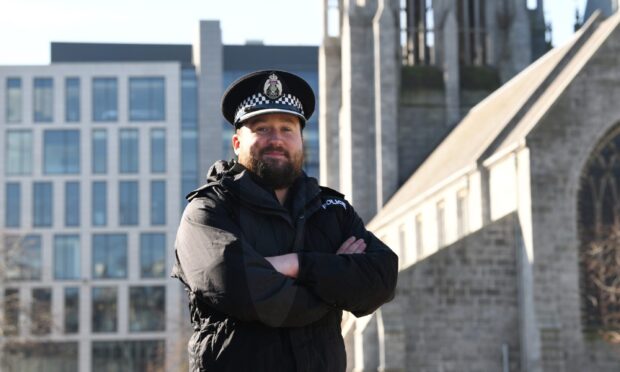
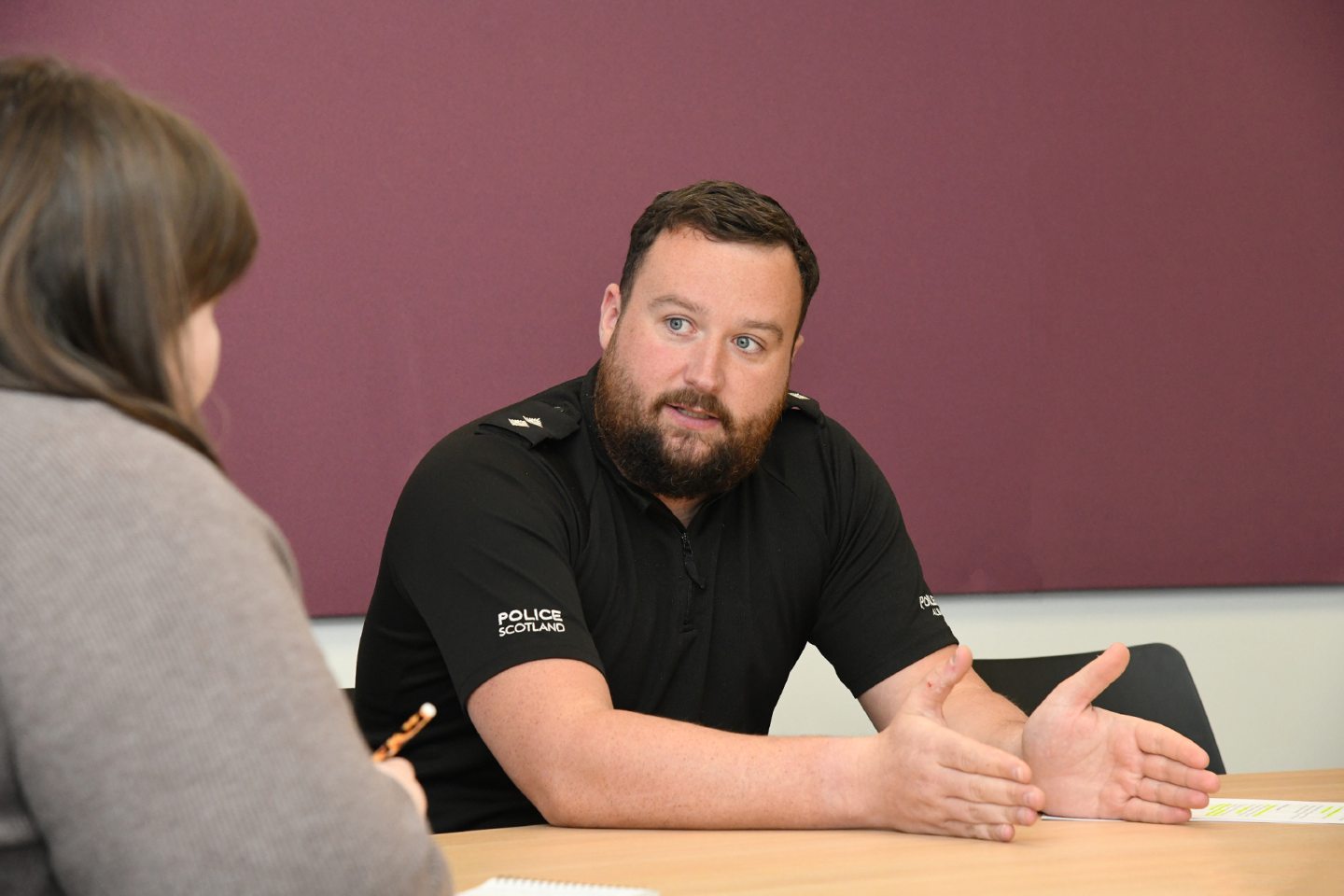
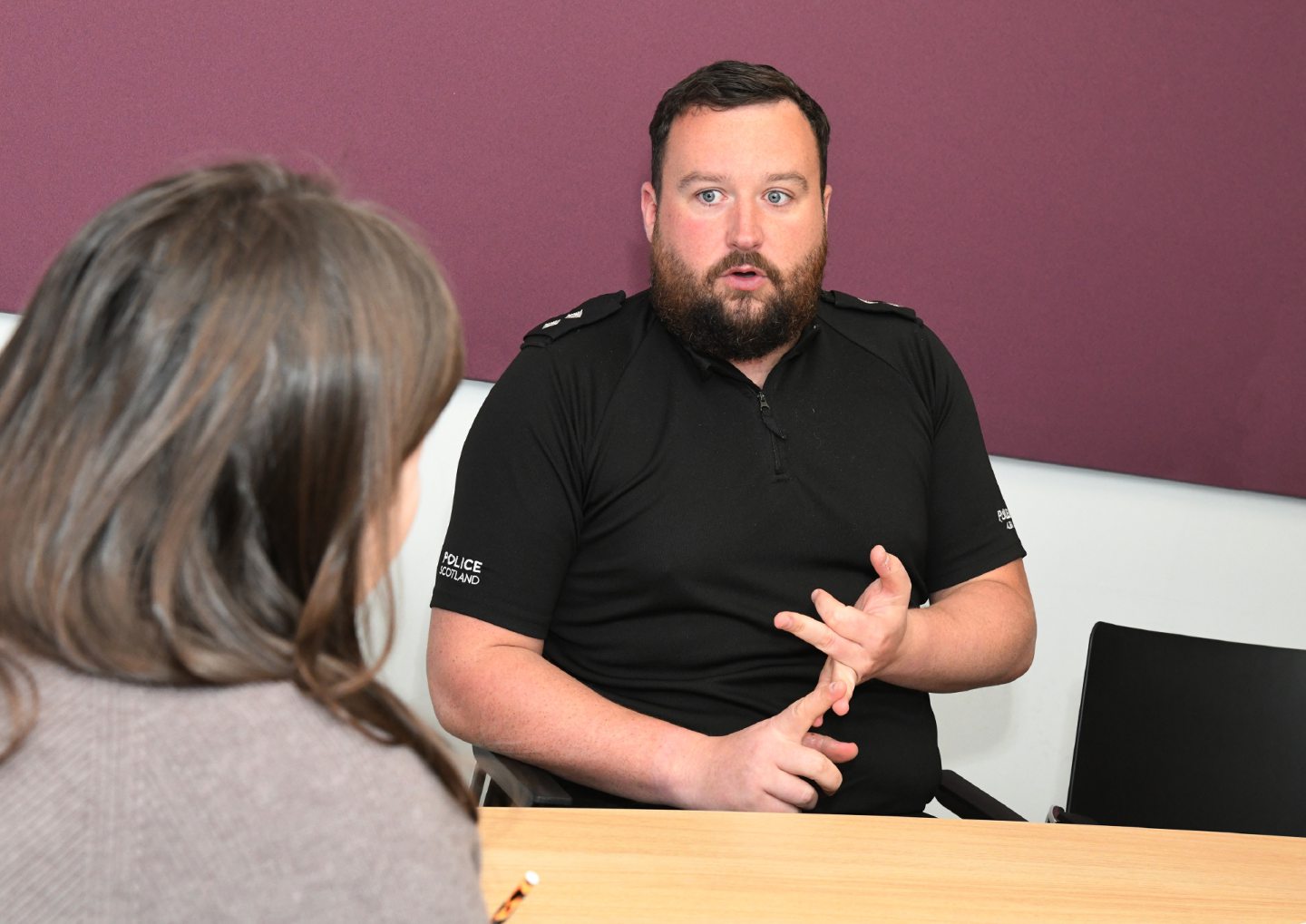
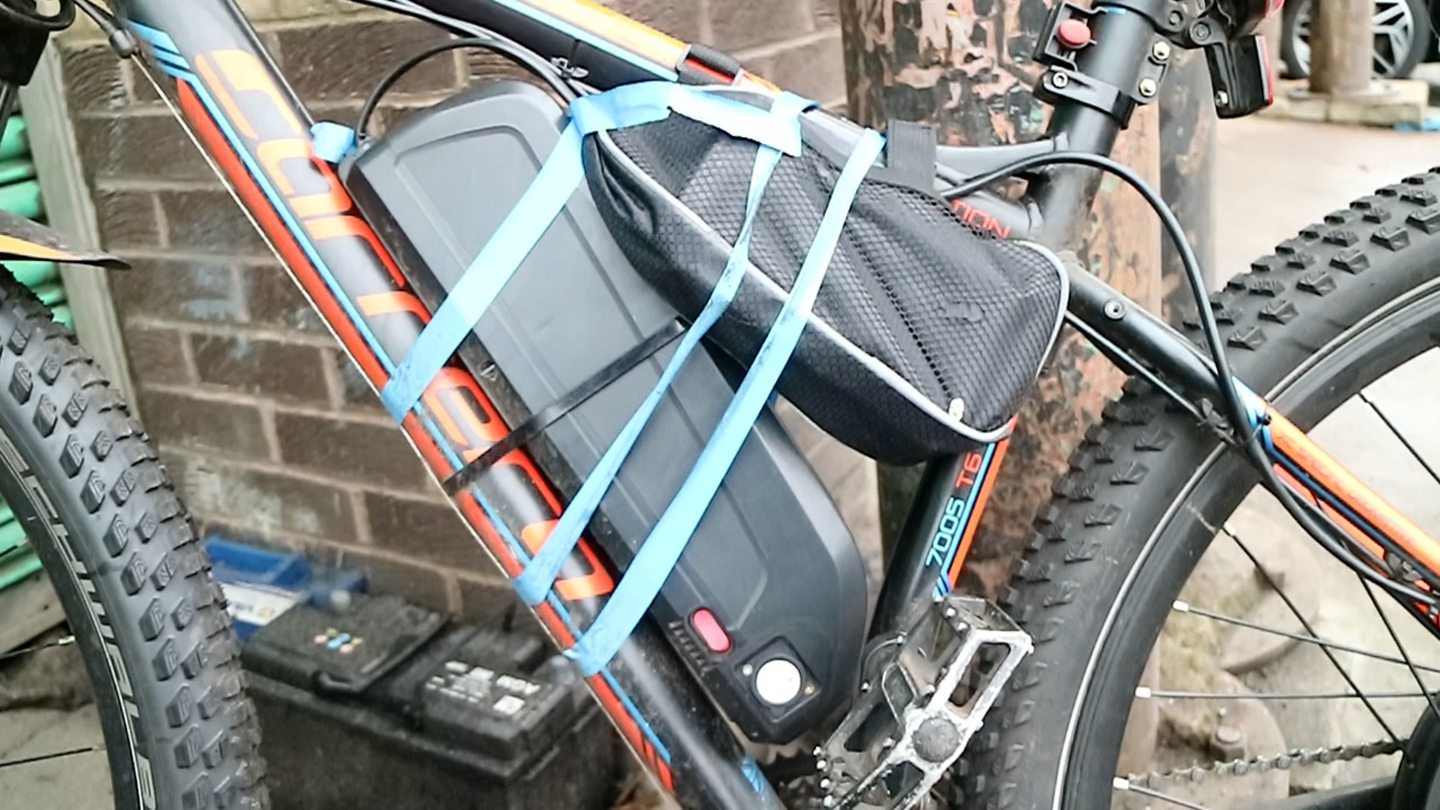
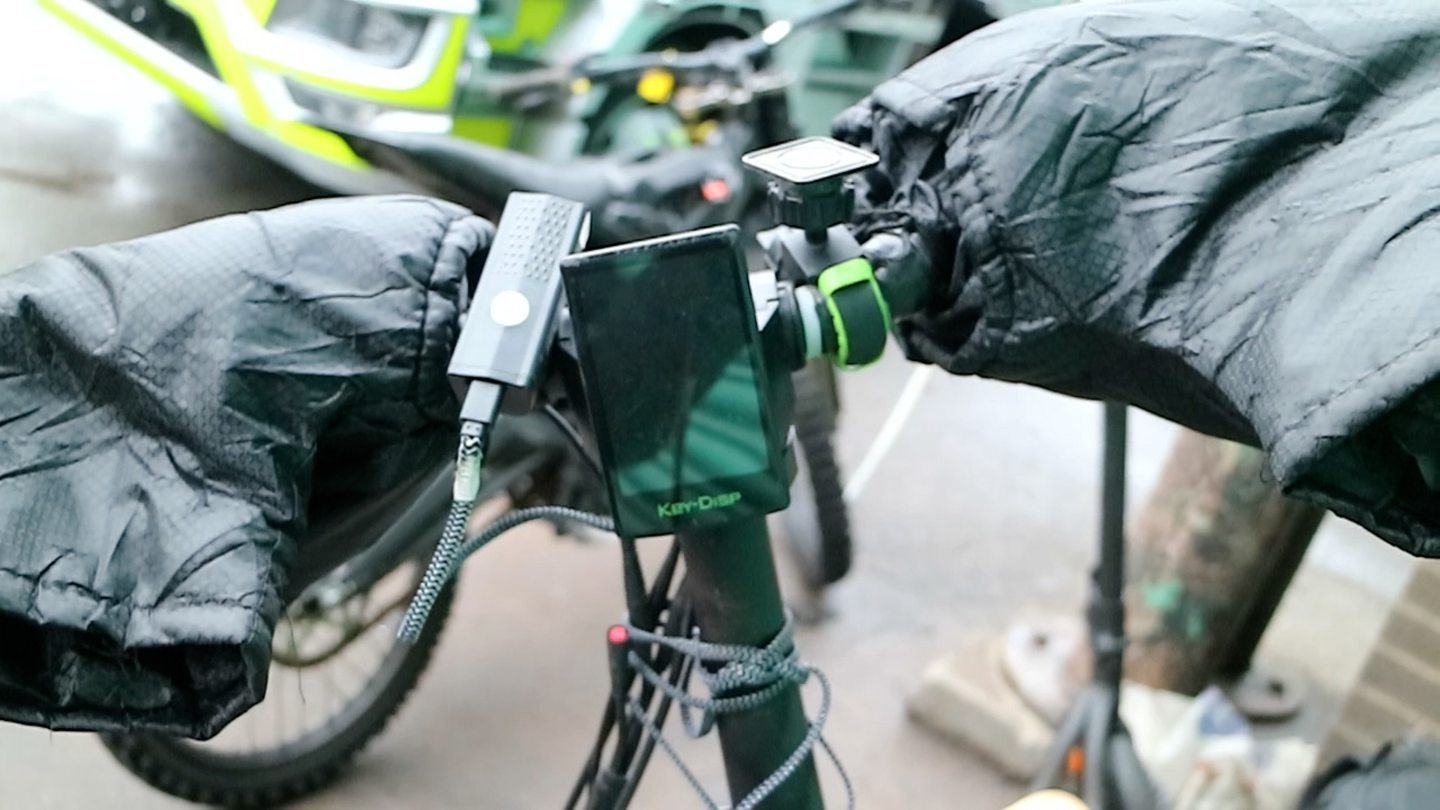
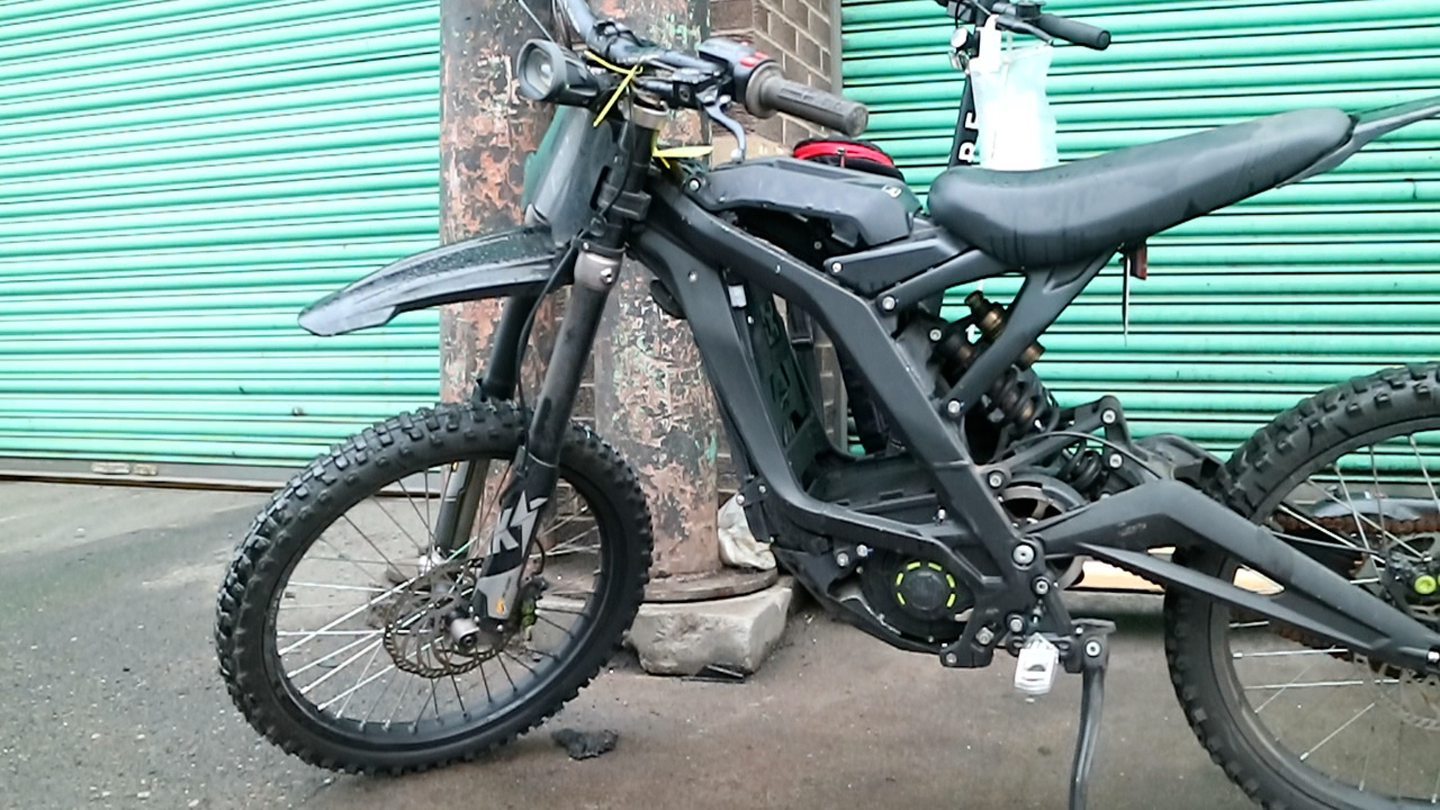
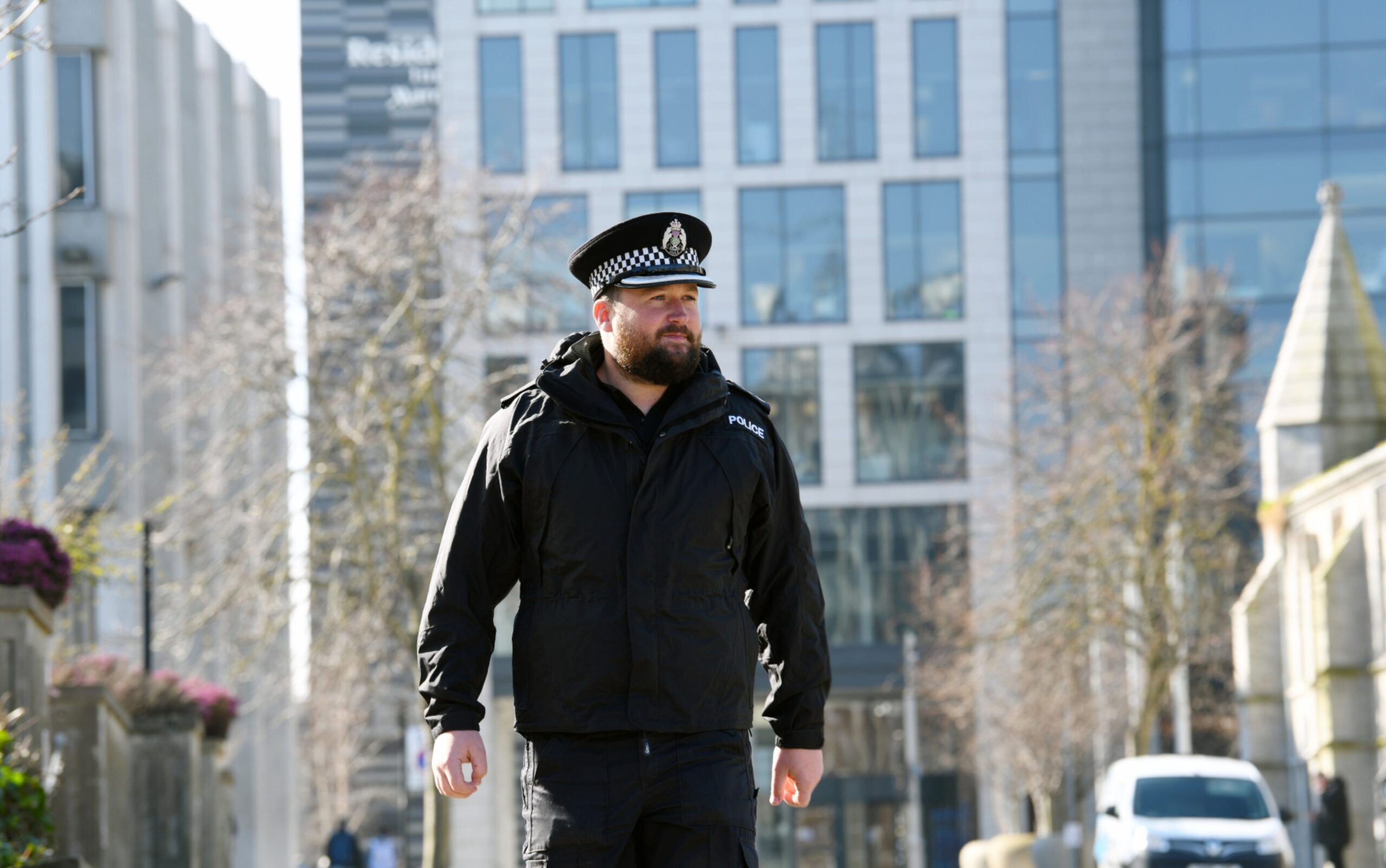
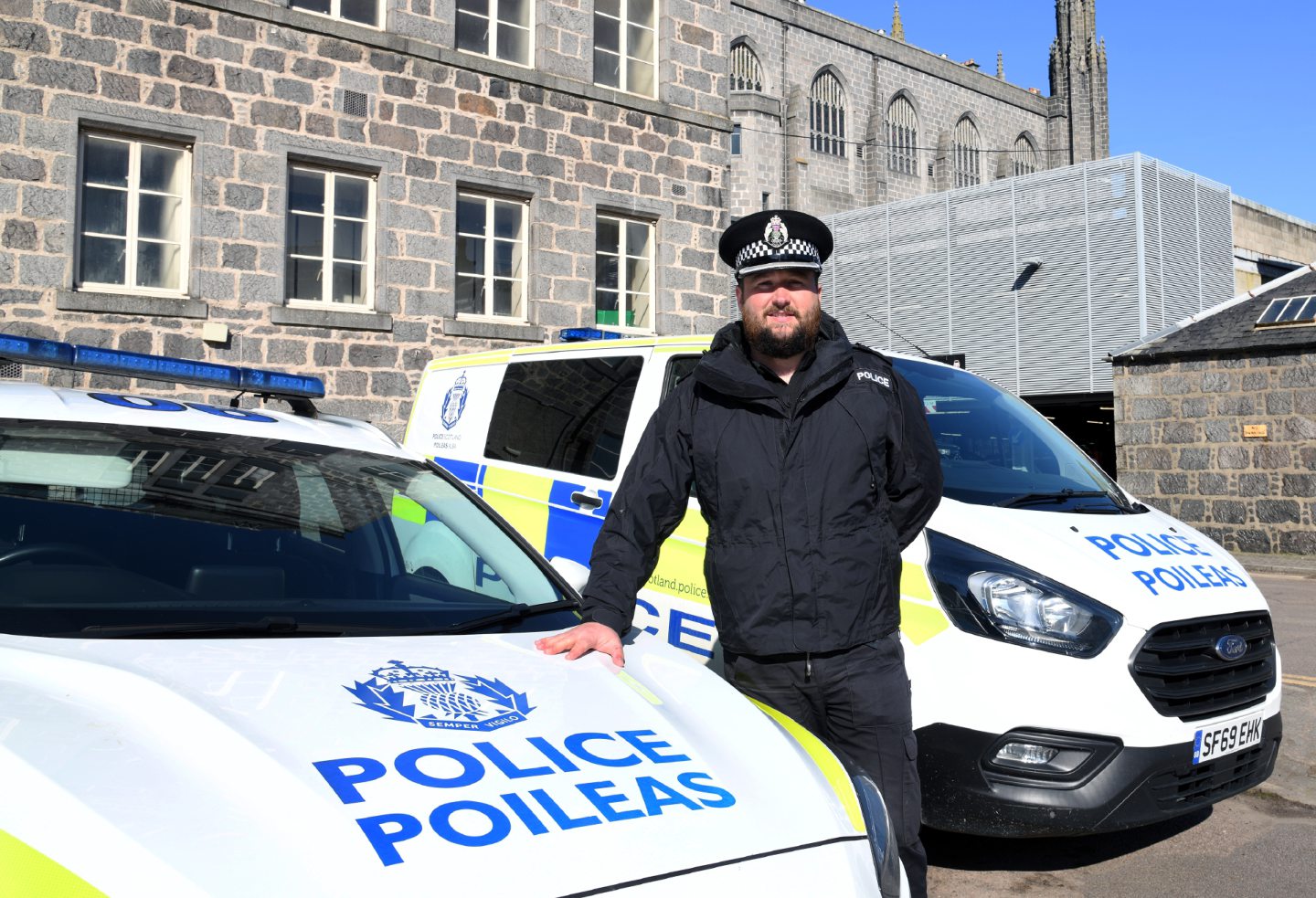

Conversation